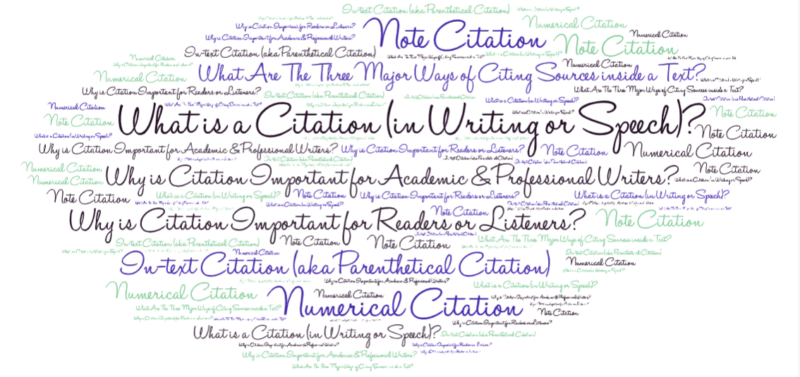Use talk-and-then-write strategies to jump-start writing projects.
Dialoguing, dictating, and group brainstorming all rely on talking to generate writing. Many people get their best ideas discussing issues and ideas with people.
Lawyers, doctors, and business leaders have frequently used dictation to draft documents. Now, as a student, you can also dictate, thanks to voice recognition software. IBM Via Voice and Dragon, Naturally Speaking are two popular programs that enable your computer to transcribe your speech into words, after you’ve trained the software.
Extroverts particularly enjoy talking-over possibilities before writing. If you are fairly introverted, however, you may prefer to develop a topic by yourself, holding off on discussing it with others until you’ve conceived a plan to develop the documents. And it is possible that this is the best approach. Even so, you should experiment with talk-and-then-write strategies.
Unlike writing, where we have to guess how readers might respond, when we talk with other people, we can see the immediate effects of our words. When we see people shaking their heads negatively, nodding, smiling, or looking bored, we can adjust our rhetoric accordingly.
Warning: Don’t confuse excessive amounts of email (or talk) as work on your writing projects. Like anything else taken to the extreme, conversing online can become counter-productive.
Talk can play a surprisingly powerful role in the creative process. To find out how you can use talk effectively, try discussing drafts before writing, speaking as you write, and reading your work out loud. Our personalities, experiences, and the rhetorical demands of particular writing projects influence when and how talk can be beneficial or distracting. Try keeping a log on how and when you use talk effectively.





















